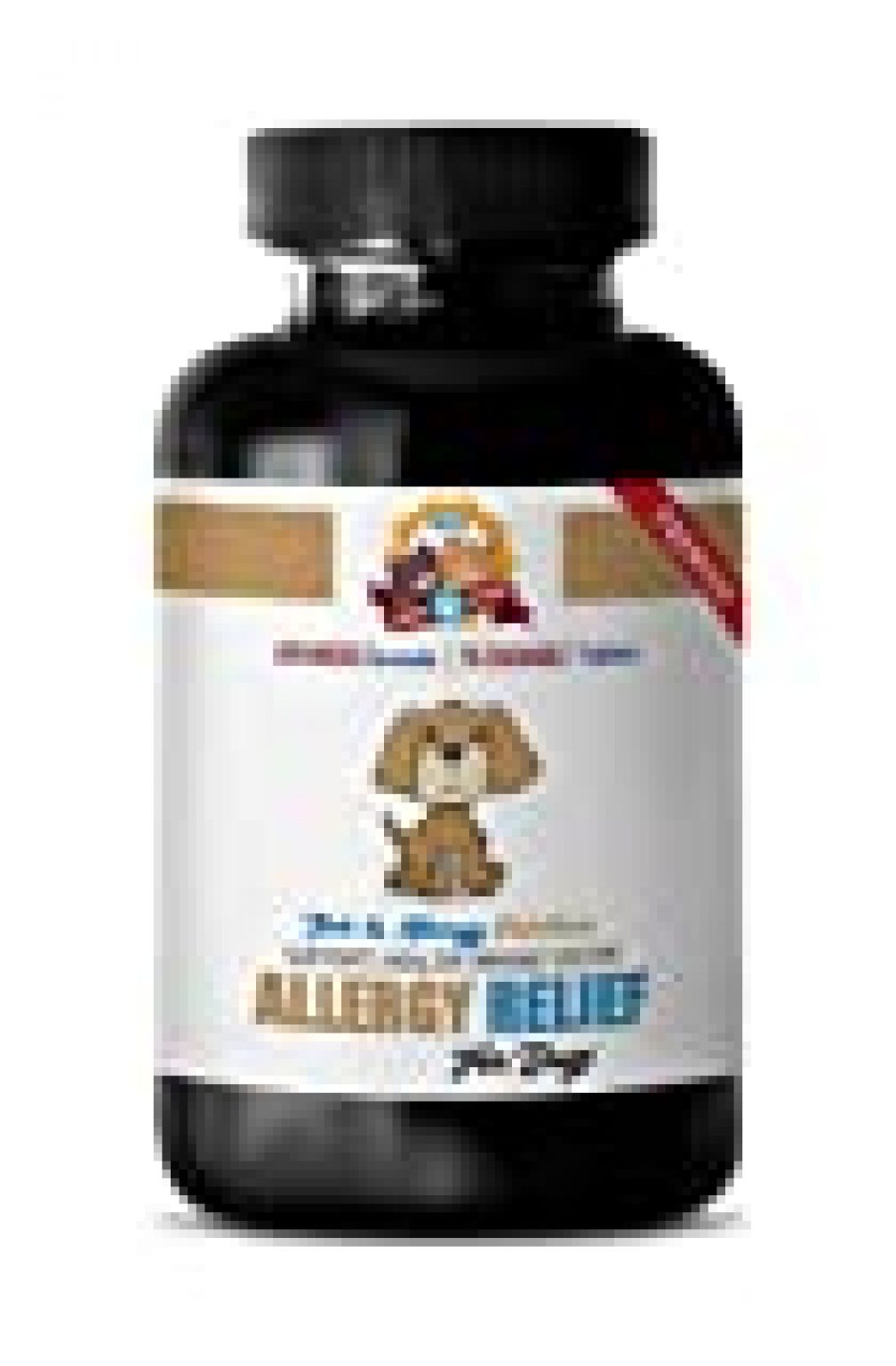

Once it’s cooled down, pour it on your dog’s skin as a quick fix, letting it drip dry without rinsing. Remove the tea bags and let your dog soak in the bath for at least five minutes.Īlternatively, for smaller, itchy patches, steep one or two tea bags in about two cups of hot water. To give your dog an herbal tea soak, fill up the tub with warm water and let several tea bags steep for three minutes. These soaks are best for dogs who have hot, itchy patches of skin at risk of becoming raw. Chamomile and Herbal Tea SoaksĬhamomile, calendula, and green tea have properties to soothe and cool irritated skin and reduce inflammation, making them very helpful additions to a dog bath. If there is no need for medical treatment, here are some home remedies that are completely safe and can help with itch relief. So make sure to ask your vet before treating your dog’s itchy skin, and make sure you treat underlying conditions if you need to. But some essential oils are not good for dogs. You might find suggestions from the internet, such as using essential oils. However, be careful before using natural remedies. Many natural remedies for skin issues are healthy and safe for dogs, and they can provide significant relief from irritation. Depending on the cause of your dog’s itching, here are some natural remedies to help your pooch. Since there are so many reasons dogs chew or scratch, you should seek veterinary advice to diagnose the cause of the itching and determine the best treatment plan.

Bacterial infections, known as staphylococcal pyoderma.Yeast infection, such as Malassezia dermatitis.Atophy, an allergic response to normal proteins in the environment, such as pollen.However, most causes will fall into one of five categories: According to the American Kennel Club, there are possibly 43 conditions that can cause excessive itching and scratching in dogs. If your dog is itching like crazy it might be driving you both up the walls!ĭogs love a good scratch, but excessive itching can be a sign of an underlying allergy or skin condition. Allergy Testing & ReferralĪdelaide vet skin specialists can be found on this page.Is your dog’s itchy skin driving him or her bonkers? It might even be getting on your nerves – the scratching, the licking, the chewing. Read more about when to use Cytopoint here. Control of atopic dermatitis without cortisone side effectsĬytopoint is a monthly injection of a monoclonal antibody against interleukin-31. It is very similar in pros and cons to Apoquel but is much longer acting.You can read about the pros and cons of Apoquel here. Atopy and autoimmune diseases without cortisone side effectsĪpoquel is a tablet given once a day that inhibits inflammatory messenger proteins.We hardly use it any more in dogs (due to the next two medicines) but it’s still a useful drug for cats. Cyclosporin (Atopica®)Ītopica was one of our first alternatives to prednisolone. Read more about the use & side effects of prednisolone in dogs and cats here. Animals at risk of diabetes, cushings disease, obesity, pancreatitis.Continuous use (intermittent use or every second day better).Patients needing stronger or more reliable treatmentsĬortisone (prednisolone, dexamethasone etc).Dogs & cats very sensitive to side effects of systemic cortisone.Some cases of allergy and hypersensitivity.AntihistaminesĬlick here for antihistamine doses for dogs You can read about skin infections in dogs here. This is a feature of many other skin problems. Animals with strict dietary requirementsĪntibiotics are essential for secondary bacterial infection called pyoderma.Additional skin support for all itchy dogs.This page explains diets for food allergy and dermatitis. Treating larger areas (some are not absorbed systemically).Read more here about how often to bath your dog Lotions & Sprays Fungal infections (Malaseb, Sebazole), bacterial infections (Pyohex, Pyoderm S), soothing skin (Aloveen, Epi-Soothe).All should benefit from a wash chosen carefully with your vet Sparsely haired or clipped areas are best Spot-treatment to allow reduction in systemic doses.Dogs & cats very sensitive to side effects of systemic treatments.Preventing small areas of inflammation from spreading or getting infected.These will often be used together with the following skin treatments. Ask your vet for methods suitable for your pet. If you don’t quickly break the itch-scratch-lick cycle the skin will get worse and worse, until it becomes infected. Once a dog or cat has an itchy spot, they are irresistibly attracted to it.


 0 kommentar(er)
0 kommentar(er)
